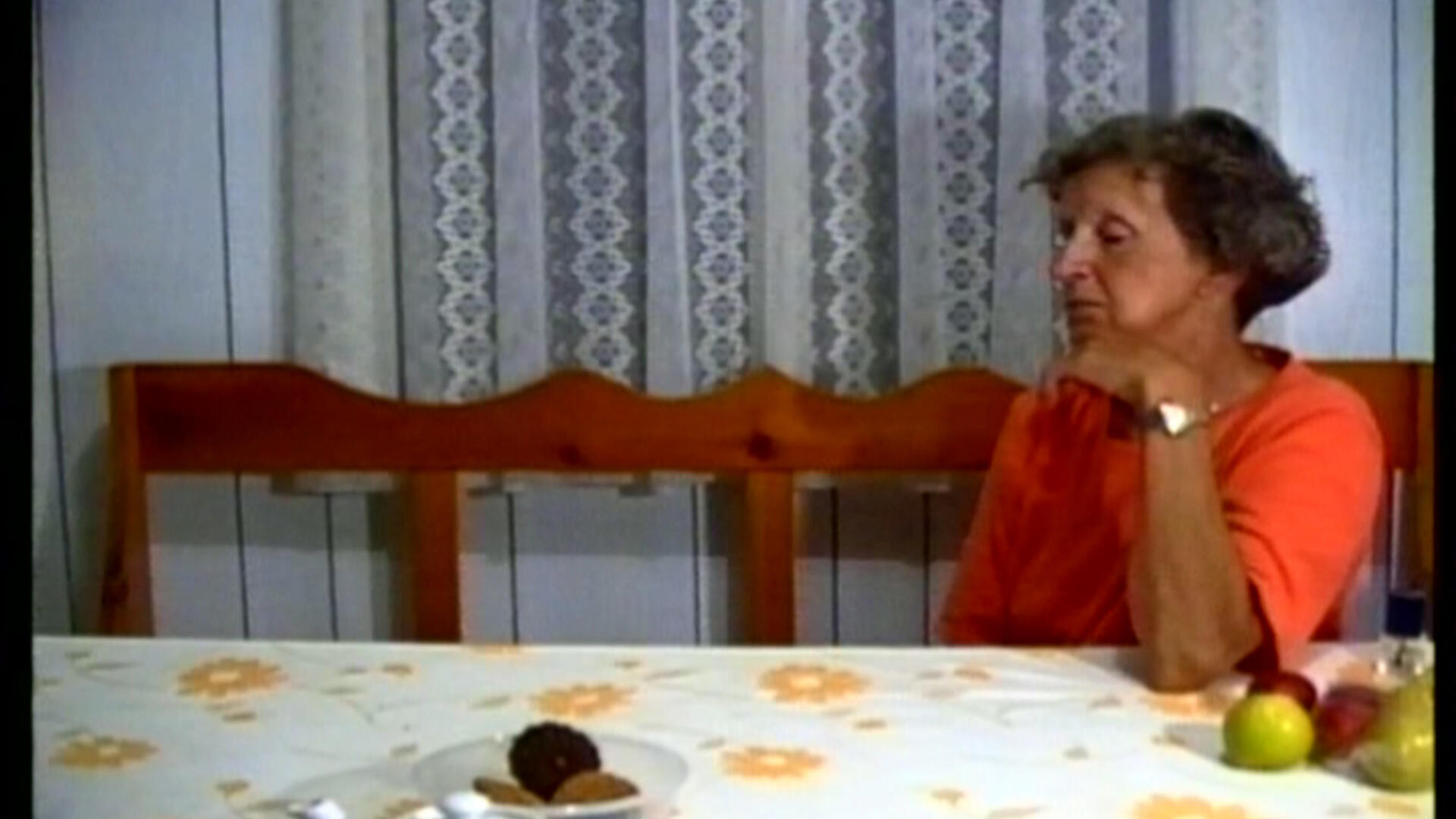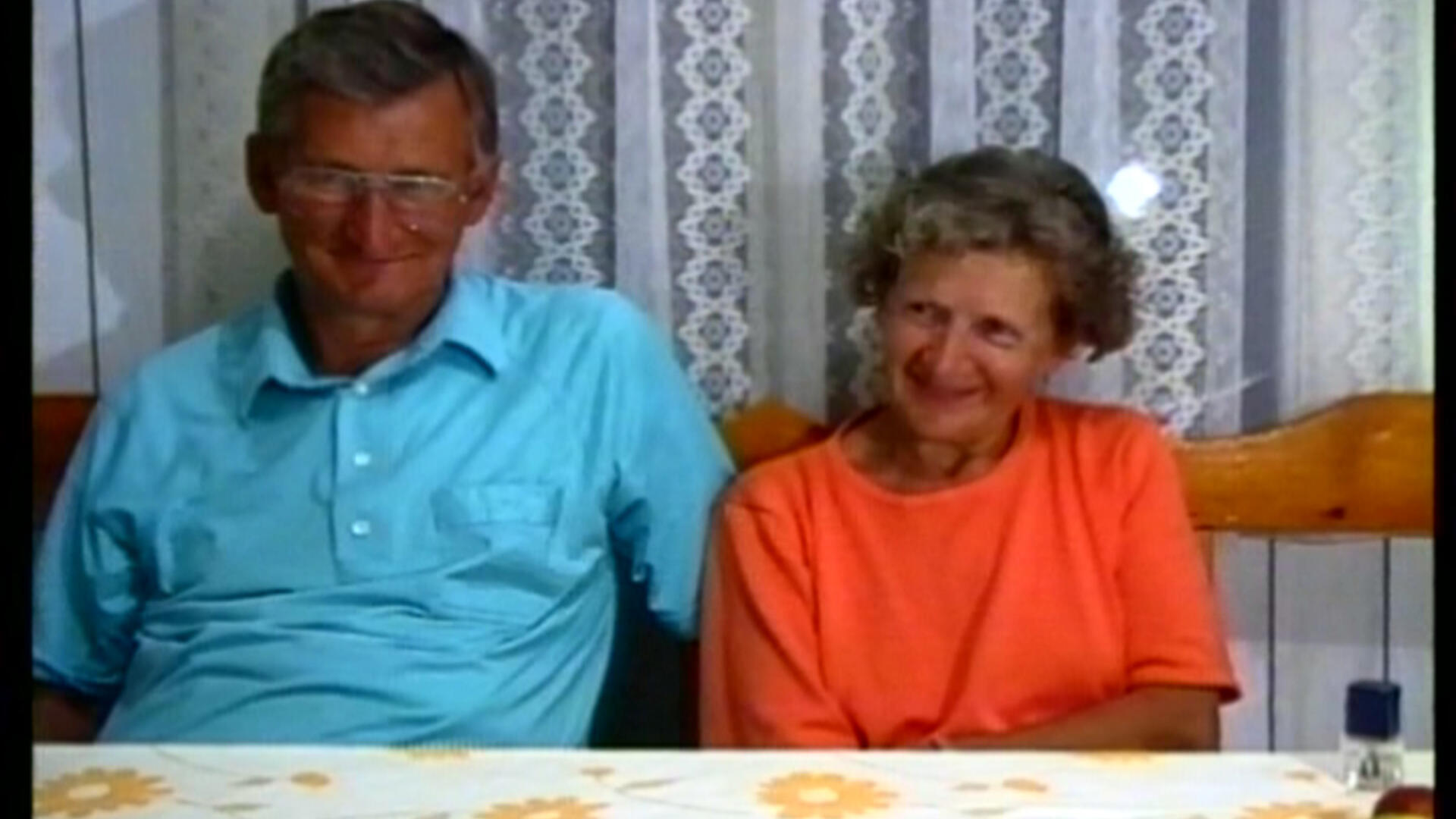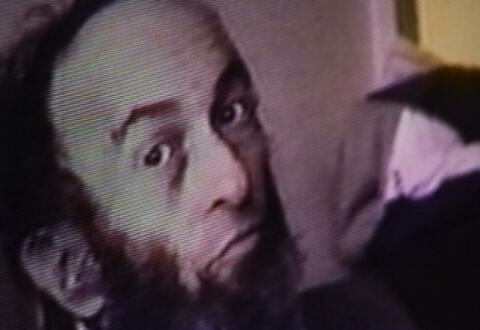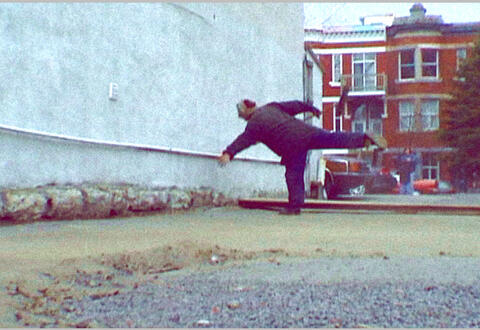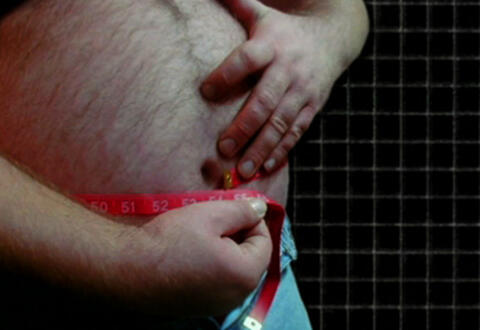Comment vs dirais-je ?
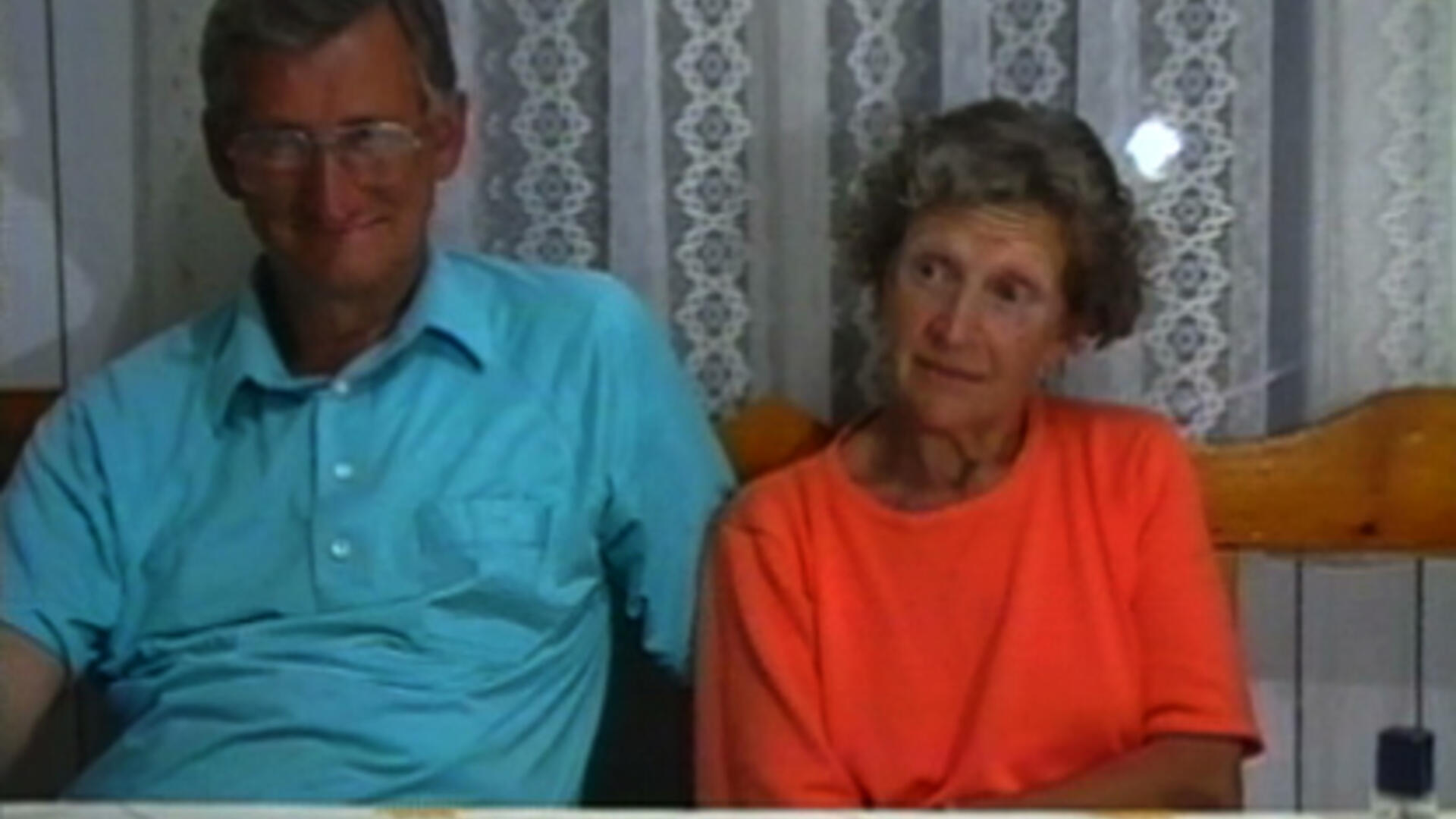
Louis visits his parents for a week, and wishes to find a way to break the news. His parents are intrigued to see their son making such an effort running around with a camera. So they approach and make efforts themselves to understand what he is doing. They are surprised by how much attention a camera can give to its subject. But what has Louis, Antoine, and Thérèse moving so willfully toward the unknown? They embark together on what becomes a common project, they feel that what is to come must override their fears. The video begins after eight hours of live camera. The author states : "Why should I tell you, you will ask me? Very simply because, or else, I wouldn't have anything to say."
Credits
Technical information
Documentation
Commentary by Claire Valade, Film critic from Quebec
A punch to the gut. Not only because of its subject matter, but because the completely stripped-down approach chosen by Louis Dionne leaves no possible escape from the shock of the revelations captured by the camera. The fragile intimacy barely established between a son and his parents is shattered by a brutal phone call and an impromptu visit that together create a rift, a disturbance within their pain and malaise. In this cinema of the immediate moment, all is stripped bare and we are persistently haunted by both the silences and by the awkward but very true conversations. Like Jean Chabot’s G comme Générations, this is another astounding example of the power of the single shot : shocking and disturbing in Louis Dionne’s piece, Chabot reveals its ability to be equally mesmerizing and evocative.






